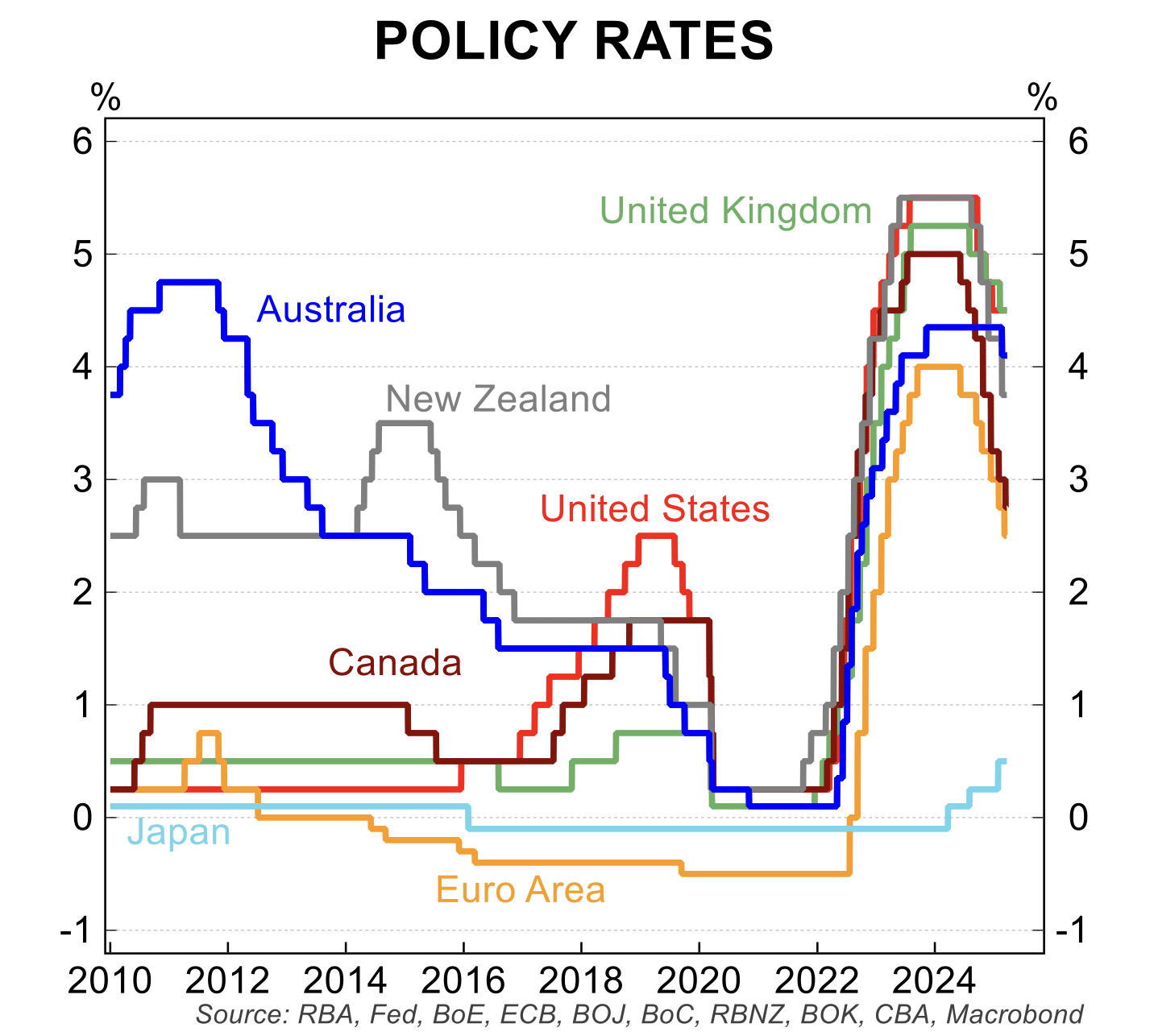The Australian alternative investment market is gaining popularity. With traditional asset classes like stocks and bonds experiencing high volatility and, more recently, positive correlation, investors are increasingly turning to alternative investment strategies for diversification. For investors considering an alternative investment strategy, such as an allocation to real estate private debt, a common question often presents itself: active management or passive exposure?
This blog explores the benefits of a passive investment strategy in real estate private debt through a fund for most investors seeking income, diversification, and a measure of protection against market volatility.

The allure of an investment in an alternative asset class
Active management: A hands-on approach
Active management involves directly selecting and managing individual alternative investments yourself. This approach typically requires an investor to actively research potential investments, perform due diligence, negotiate terms, and manage the investment throughout its investment term.
- Tailored portfolio: Active investment management can mean that investors are able to construct a portfolio customised to their specific risk tolerance and investment goals.
- Direct control: Investors are able to retain full control over the selection and management of individual investments.
- Expertise required: Successfully navigating the alternative investment landscape requires a deep understanding of different asset classes, market dynamics, and risk management strategies. This expertise is often beyond the capabilities of individual investors.
- Time commitment: Active management demands significant time and effort for research, due diligence, and ongoing monitoring of investments.
Passive exposure: Investing through funds
Investing in a fund managed by professional investment managers like Zagga, is one form of passive investment in an alternative asset class. Income-generating, real estate private credit funds pool capital from multiple investors to invest in a diversified portfolio of alternative assets aligned with the respective fund’s stated strategy.
At Zagga we have a suite of bespoke funds that may meet the various objectives of our investors. Investors in a Zagga Fund invest in quality loans to creditworthy borrowers, all first mortgage-secured by high-quality, Australian property, without the need to personally scrutinise each and every individual loan.
Depending on an investor’s situation and objective, investors can select from one of two Fund types:
Pooled Funds
For investors looking to invest via the security of a lending trust, Zagga’s pooled funds offer investors a fractional ownership interest of the Fund’s interest in the Trust’s underlying assets, proportionate to the investor’s investment in the Fund.
Unitised Fund
For financial advisors looking to increase their clients’ allocation to private debt, the Zagga CRED Fund provides a compelling alternative to earn regular, determinable income.
- Convenience: Fund managers, such as Zagga, handle the selection, due diligence, and ongoing management of individual investments. This frees up your time and resources, eliminating the need to wait for and select individual investment opportunities.
- Diversification: Investors who choose to invest in a professionally managed alternative investment fund, such as one of Zagga’s pooled or unitised private debt funds, can leverage the natural diversification from the specifically curated mix of loan types, purpose, locations and sectors.
- Accessibility: Funds can make alternative investments more accessible to a broader range of investors with lower minimum investment requirements compared to direct deals.
- Limited control: Investors have no control over the specific investments held within the fund.
Why passive exposure to alternative investments via a private debt fund deserves consideration by income-seeking investors
While active management can be beneficial for wholesale/sophisticated investors with in-depth knowledge and significant capital, the benefits of passive exposure through funds generally outweigh the time intensive nature of active management for many investors.
Passive exposure to alternative investments, such as through a private debt fund, offers income-seeking investors a compelling opportunity. Private debt funds provide access to a diversified pool of loans and credit transactions, which can generate steady, reliable income streams. Real estate private debt funds are managed by experienced professionals who handle the complexities of due diligence, selection, and ongoing management. This not only reduces the time and effort required from investors but also leverages the expertise of fund managers to mitigate risks and enhance returns. Additionally, private debt funds can often offer higher yields compared to traditional fixed-income securities, making them an attractive option for those looking to boost their income potential.
The benefits of a reputable fund manager like Zagga
Real estate private debt is a specialised asset class that requires a specialist investment manager with deep expertise and a core focus on risk management. It’s historically exclusively been invested in by large institutional investors, however in 2017, Zagga sought out to change this and democratise access for all investor types via their suite of bespoke solutions.
Speak to Zagga today
- https://investmentcouncil.com.au/AIC/aic/articles/media-release/2020/04-april/australian-private-capital-assets-grow-to-68-billion.aspx




